Back
- Nursery
- Prep
- Senior
- Sixth
- Home
- Contact Us
- Admissions
- Boarding
Individual pupils learn in different ways, but whatever their needs, gifts and talents our teachers support them in a wholly inclusive environment.
Our Learning Support Department has a team of four well-qualified staff who supplement classroom teaching, providing individual support if required. The Head of Learning Support also provides staff INSET on pupils with specific learning difficulties. On occasions, pupils are observed in lessons by the learning support team to help contextualise. The feedback this provides enhances the teaching and learning.
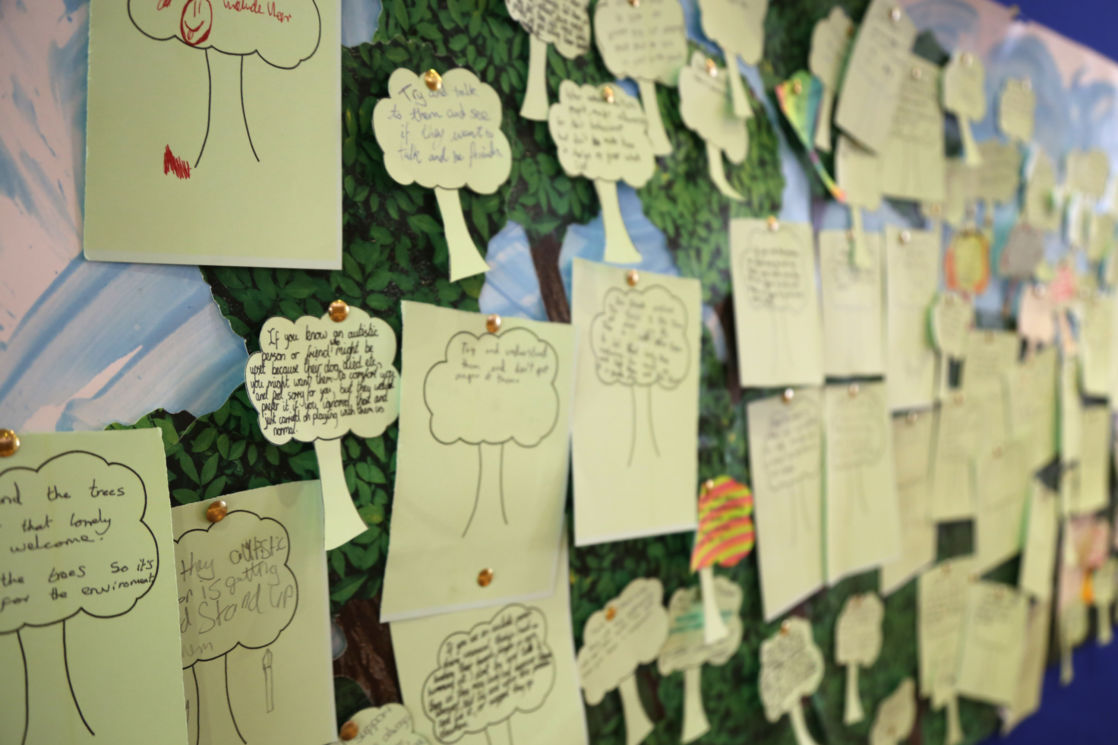
All Year 7 pupils and new pupils in Years 8 and 9 are given a dyslexia screener and baseline assessment of reading, spelling and speed of handwriting. Transfer records from previous schools are also used. Further information is provided by nationally standardised tests taken early in Year 7 and Year 9 (MiDYIS) and Lower Sixth (ALIS).
To help identify a need for extra support lessons, a Diagnostic Assessment of Specific Learning Difficulties is required. This can be obtained through a variety of means, and our Head of Learning Support can advise on this. Pupils from the 1st to 3rd Years are withdrawn from lessons on a rotational basis to avoid undue disruption to the curriculum. To ensure examination classes are not disrupted, the 4th to 5th Years and Sixth Form have their support lessons at lunchtimes, study periods or after school.
Individual Educational Programmes (IEPs) are written twice a year for staff, and parents are provided with these alongside feedback on progress in school reports. Parents are also invited to two review meetings each year.
For Sixth Form students wishing to go to university, there is a specialised Diagnostic Assessment for Disability Students’ Allowance (DSA) and although we do not do administer this service we do provide contact details for those agencies qualified to do so.
School dogs Bumble and Maverick fulfil their role as help and support companions. The aim of having the dogs present is for them to be able to assist children who have special needs, suffer bereavement or who are upset in any way and are in need of calm, comfort, and space before being able to tell an adult what has upset them, or could even hear children read that may help improve confidence.
Children are able to pat and play under strict supervision at certain times of the day. They are also taught how to behave when with them and how to be safe around dogs in general.

Our school motto, Esse Quam Videri (to be, rather than to seem to be), captures the essence of our identity and is defined by the 5 C's below. Underpinned by strong Christian principles, we are a caring and inclusive community which values, nurtures and develops each individual.
Click on the links below to find out more.
Curiosity to always want to discover and learn more, academically and more widely too.





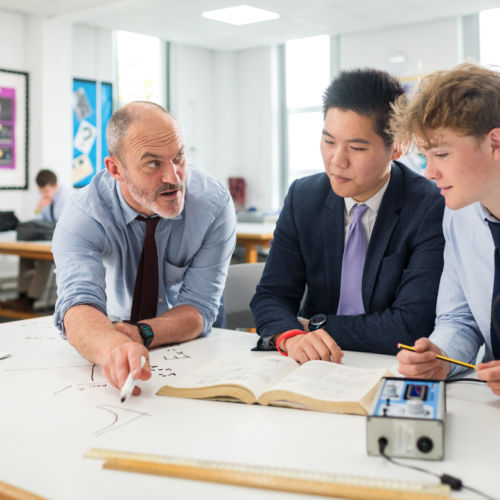
Because we believe that academic excellence is an important part of human excellence. Every child is an individual and we celebrate and develop their uniqueness, helping them to become an independent learner and encouraging each child to explore, understand and cultivate their talent and abilities, whatever they may be.

Compassion to understand and champion the needs of others, in our community and beyond.
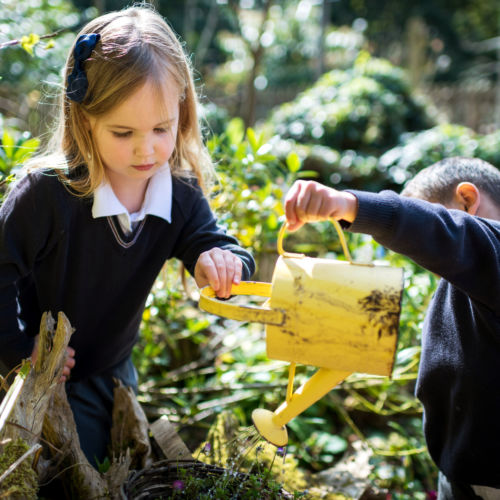

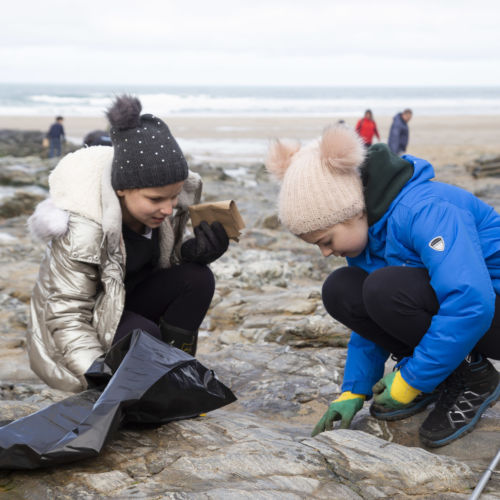

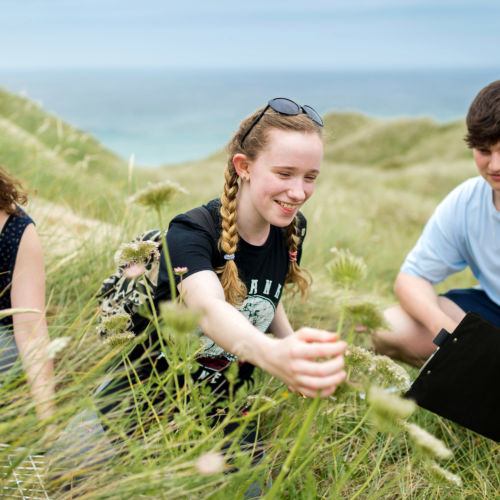

Because our mission challenges us to be a vibrant community which enables people to live their lives to the full and transform society for the better. Located in the heart of Cornwall, our distinctive, serene location supports the development of balanced, unpretentious and reflective children who understand their role as global citizens.

Confidence to build resilience by learning from both successes and failures alike.





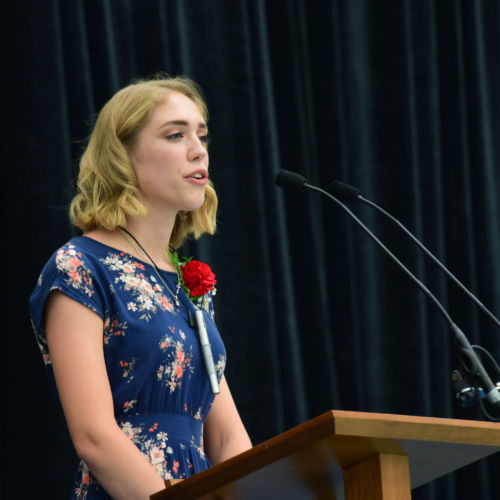
Because we want every pupil to be comfortable in their own skin, celebrating the uniqueness of each individual in the school community. Through drama, presenting and public speaking opportunities, as well as appearing in productions and concerts, pupils learn key communication skills and gain the confidence to prosper in the real world.
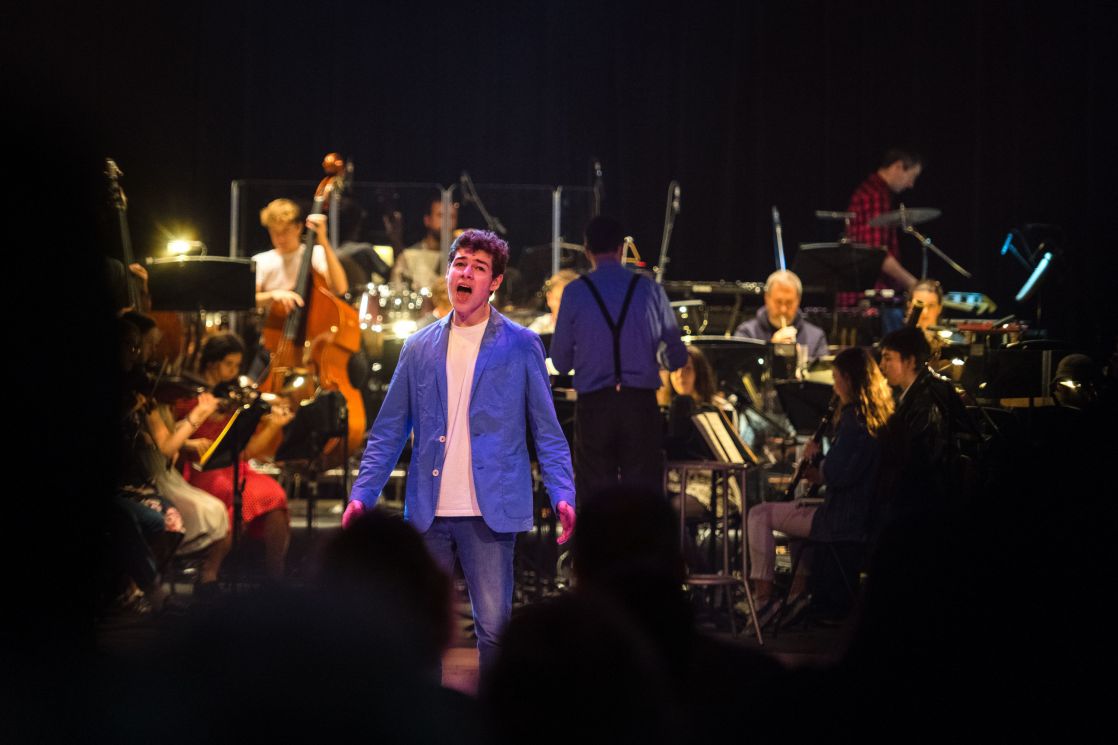
Creativity to be imaginative in how we express ourselves and approach new challenges.
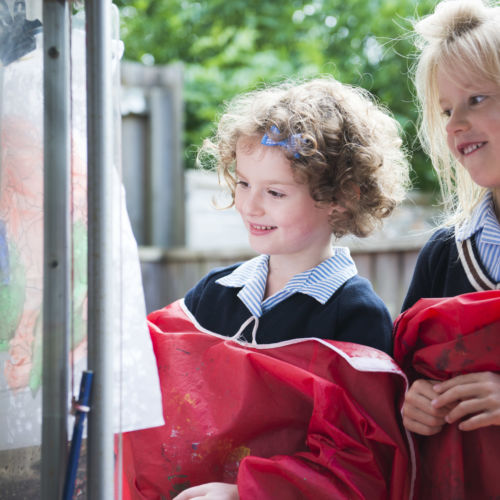

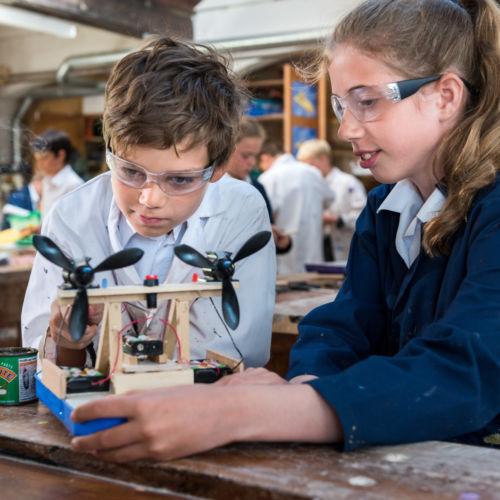


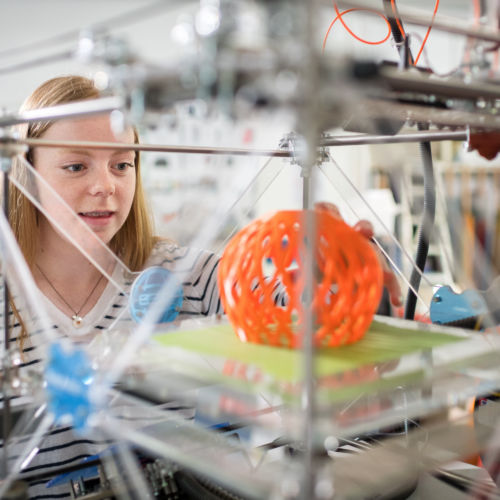
Because we value the development of pupils’ imaginative and creative dimensions as well as their characters. Through a broad curriculum and wide range of co-curricular activities, pupils discover the important balance between creative and logical thinking. These opportunities are fundamental to ensuring your son or daughter discovers their hidden gifts, developing a sense of individuality and a confidence in their own abilities.

Courage to enjoy becoming the very best of who we are, with integrity and ambition.






Because we believe that essential life skills are often best taught outside of the classroom, balancing an academic education. Through a wide-ranging co-curricular programme, we offer every child the chance to participate, perform and lead in the fields of their choice. In a competitive world these opportunities are fundamental to ensuring your son or daughter develops essential life skills and an ambition for life.

Truro School is part of the Methodist Independent Schools Trust (MIST)
MIST Registered Office: 66 Lincoln’s Inn Fields, London WC2A 3LH
Charity No. 1142794
Company No. 7649422